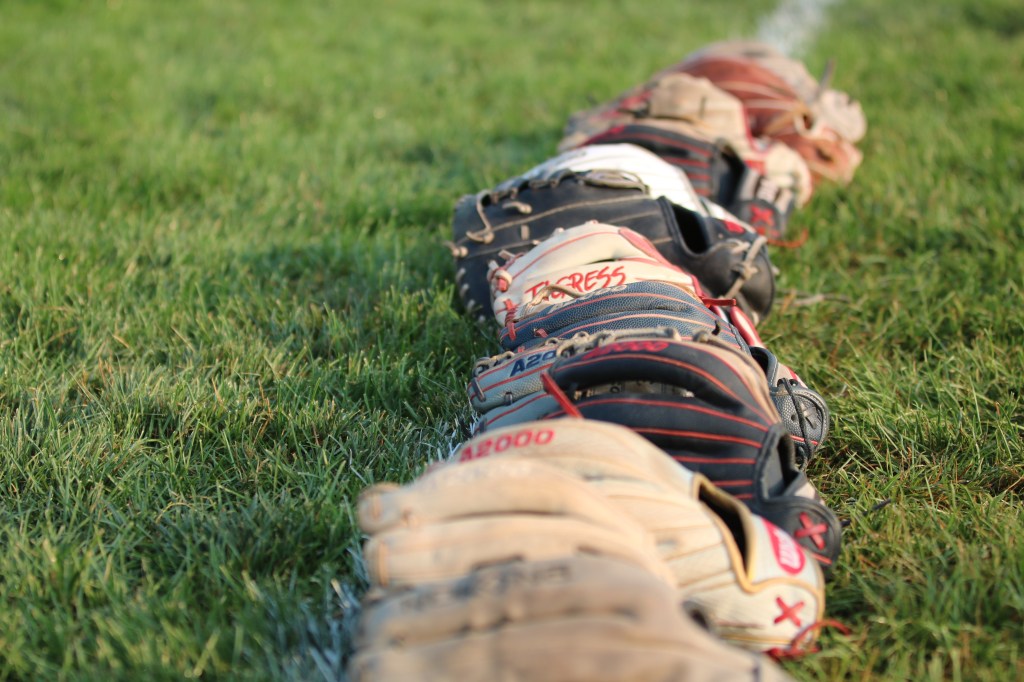Social media usage amongst young athletes is all but guaranteed, and as a coach, you have the difficult task of ensuring that your athletes are using it to enhance team culture rather than spread negativity. It’s tempting to ignore how athletes approach social media, but because it’s a primary method of communication for many of them, it needs to be part of the team culture conversation.
Here, TrueSport Expert Nadia Kyba, MSW, President of Now What Facilitation, is sharing some simple do’s and don’ts for creating a social media policy with your athletes that will improve team culture.
Do: Acknowledge Athletes Use Social Media for Connection
Social media isn’t all bad: It can keep athletes connected during the off-season, allow them to communicate more comfortably, and even create a sense of team unity when it’s used in a healthy way. “It’s the way that people form connections now, especially young people,” says Kyba. “That’s important.”
Don’t: Try to Ignore Social Media Altogether
As a coach, Kyba says part of creating a healthy team culture includes an acceptance of social media. Your athletes are almost certainly using it, so rather than shying away from discussing use of social media, have discussions about social media and etiquette around it.
Do: Set Phone Use Boundaries Early in the Season
“Have an open dialogue with the team about what phone use and social media is going to look like at games, at practice, and on the team bus,” says Kyba. “When people can be on their phones, and when should they be out of sight?” Set these boundaries and include consequences if an athlete ignores those boundaries.
Don’t: Allow Poor Social Media Behavior from Parents
It’s disheartening, but Kyba says that some of the bad social media behavior she sees comes from parents of athletes who turn to social media to complain about referees, coaches, and even other young athletes. Unfortunately, there isn’t much you can do about parental behavior as a coach, but if the posts can be considered bullying or are offensive, you can bring the issue up to an athletic director or school administrator to determine next steps, which may include barring a parent from competitions.
Do: Agree on Team Social Media Strategy
At the beginning of the season, determine your team’s plan for social media. It will be based on what’s allowed at your school, of course, but while some teams may be excited about sharing on social media and want to take turns posting photos from competitions, other teams may prefer to stay off social media altogether. Make sure the team is on the same page before posting.
Don’t: Assume Everyone is Comfortable on Social Media
More and more young people are opting out of social media entirely and prefer to not have their picture posted online, says Kyba. So, before you post the team photo to the school’s Instagram, make sure that every athlete is comfortable with their picture being shared. If they aren’t, respect that and ensure that other team members understand that boundary as well.
Do: Have a Social Media Code of Conduct
At the beginning of the season, have your team create a code of conduct specifically for social media that enforces good sportsmanship. It can include things like not posting anything negative after a game, or only saying positive things about teammates, or simply retread the code of conduct the team has for in-person situations. Have everyone take part in the creation of the code of conduct so they feel ownership over it, says Kyba. Have them sign it—and consider having parents sign one as well!
Don’t: Ignore Social Media Bullying
If an athlete comes to you with a concern about bullying happening on social media, treat it the same way that you would an in-person bullying allegation. This can potentially be more fraught, as some students will have dummy accounts, or accounts that aren’t in their name, so it’s more complicated than observing one student bullying the other. But it is just as serious and should be brought to the attention of the appropriate administrator or counselor.
Do: Set Clear Boundaries Between Yourself and Students
Social media has also blurred the lines of athlete/adult relationships, and Kyba says it’s important to communicate the appropriate boundaries that you’re setting on your own social media use. “You shouldn’t be following your athletes, especially those with private accounts, and you should never be communicating with them on those platforms,” Kyba says. Let your athletes know that it’s not personal that you don’t respond to their messages or follow requests, it’s simply the policy.
Takeaway
Social media usage amongst young athletes is almost inevitable, and as a coach, you’re in a position to set appropriate boundaries for phone usage during practice and competitions. You can also help your athletes by creating a code of conduct specifically around social media use and setting policies for posting (or not posting) as a team.

About TrueSport
TrueSport®, a movement powered by the experience and values of the U.S. Anti-Doping Agency, champions the positive values and life lessons learned through youth sport. TrueSport inspires athletes, coaches, parents, and administrators to change the culture of youth sport through active engagement and thoughtful curriculum based on cornerstone lessons of sportsmanship, character-building, and clean and healthy performance, while also creating leaders across communities through sport.
For more expert-driven articles and materials, visit TrueSport’s comprehensive collection of resources.
This content was reproduced in partnership with TrueSport. Any content copied or reproduced without TrueSport and the U.S. Anti-Doping Agency’s express written permission would be in violation of our copyright, and subject to legal recourse. To learn more or request permission to reproduce content, click here.

